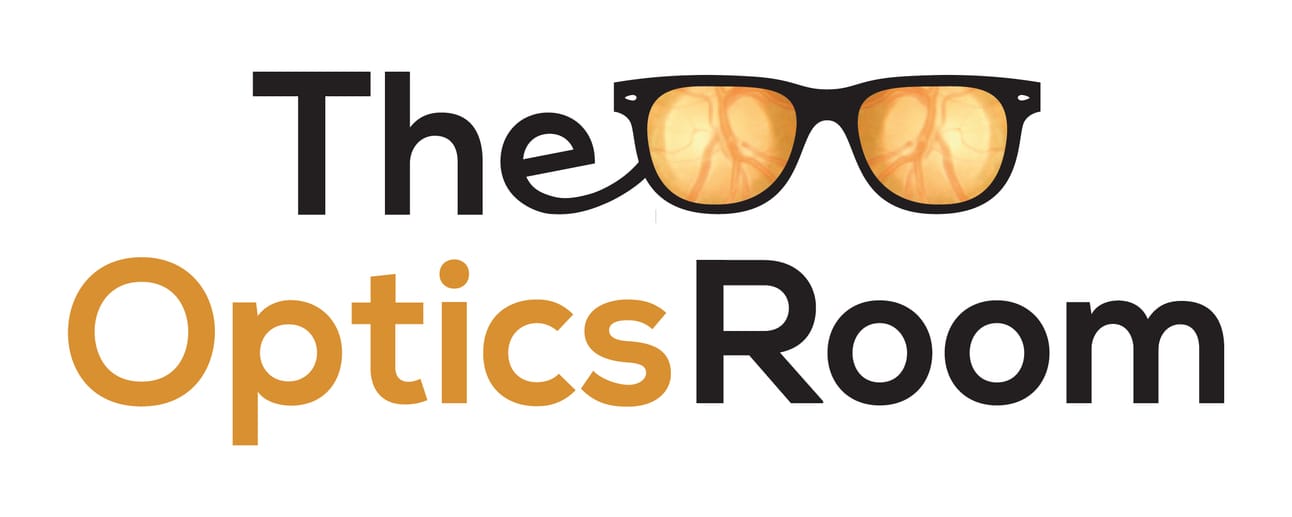- The Optics Room
- Posts
- Empowering Optometrists to Thrive in Sales
Empowering Optometrists to Thrive in Sales
How do I convert?

Will those on universal credit buy?
Am I ethically selling?
Can I meet my KPI’s?
Optometrists are often nervous to make recommendations to the customer. Will they think I’m over-selling? Will it affect my next performance review if they don’t buy? Am I being ethical? We get it from all sides!
We’ve all heard that voice in our head when we’re finalising our recommendations to the customer in the handover. Is this what my patient needs? Am I being moral or just trying to hit that target? If you practice in a hospital, then it’s unlikely you’ll have this dilemma. But if you work on the high street (like the majority), then I am 100% sure this has crossed your mind.
What am I doing?
Let’s begin by seeing what we are actually doing. We recommend a product (lenses, coatings, frames) that would benefit the customer according to their lifestyle and health needs. E.g. if a patient has a near and intermediate rx, you may suggest an occupational lens. Yes, occupational’s are more expensive than single vision. However it will be to the patient’s benefit, will it not? If the patient has cataracts, you would suggest transitions/sunglasses. Again it will cost them more but it is to their benefit.
It’s key to fully understand your patient’s needs. You must know what questions to ask to grasp their requirements (some of which they won’t be aware of themselves). Go into detail about their job. Do they work at Tesco? If so, will just reading glasses suffice, or will their life be easier with a varifocal as they constantly move around and load the stock.
Without knowing what their job is, what their hobbies are and what else they use their sight for, you are doing them an injustice as they could have had a product that would increase their quality of life. Giving glasses may seem like a small deal for us as it’s a daily routine, but the public rely on us to give them the best service possible. That includes making recommendations.
As clinicians our primary aim should be to help the public with their eyesight. We work in a retail and competitive industry where the by-product is that we have targets and KPI’s. However, that isn’t a bad thing. We all want our salaries so we can give ourselves and our family a good life. To do that we must be on top of our figures and want to achieve the best we can.
By increasing our conversion more people are trusting us with their eyesight and believe we can help them. By increasing our AR coatings sales, more people are having a better visual experience. By increasing transitions sales, more people are being protected against harmful UV. Everything we do benefits the patient.
But my patient can’t afford it..
Sometimes you might not recommend something as you feel it might be too expensive for your patient. Let’s make one thing clear, we are not there to decide for the patient what they can and can’t pay. We can’t assume they can’t afford something. Even patients on universal credit will spend well if they believe in the value of the product. That belief comes mainly from what is said in the testroom.
If we as clinicians don’t recommend an option to our patient because we assume they can’t afford it, then we are doing a disservice to the profession. The GOC states we have a duty of care to the patient, and telling them what they need is exactly that.
The patient can then have an eye test at your competitor, where they will certainly be recommended that very thing which you didn’t. If I was that patient, I wouldn’t go back to my original optometrist. Why should I, when there is another optometrist giving me better recommendations to suit my lifestyle?
There is a difference between suggesting options (whilst explaining their benefits), and over-selling. Never do the latter. If they have already told you that something is not in their budget, don’t force it on them. They will feel angry that you keep suggesting that when they have told you they can’t afford it, and it can also make them feel small.
What’s the takeaway?
Treat your patients with dignity and respect. If they don’t buy from you at that point, they will come back when they can afford it because of your understanding. Customer service isn’t only when a customer makes a purchase, it’s also when they don’t.
So, is it wrong to sell in the testroom? No. Is it wrong to recommend a product that won’t benefit the patient? Yes. I always think to myself when that voice comes in my mind, would I suggest this if the patient was my relative? If the answer is yes, I go ahead with full confidence.
Don’t be scared of suggesting your professional recommendations to the patient. Just explain why it will benefit them. This way you are establishing genuine trust, you are not selling them something they don’t need and they will also be better off. As a result, you are also improving your KPI's. Win-win.
The key is a thorough history and symptoms. Once you know their pain points, it’s a walk in the park. Remember - people buy people. As long as the patient trusts you and knows how the product will improve their visual experience and that you truly want what’s best for them, ‘over selling’ won’t even cross their mind.
Your patient expects tailored advice and recommendations, that is why they’ve ended up in your testroom. Giving them what they need and would benefit from, will also increase your job satisfaction. Seeing your patient’s delight when collecting their glasses is an amazing feeling. After all, we became optometrists as we wanted to help people with their sight.
Hope you enjoyed this article!
If you can do me a favour - send this link to one other person so they too will benefit: https://theopticsroom.beehiiv.com/subscribe
Thanks for reading 🙂

Hasnain